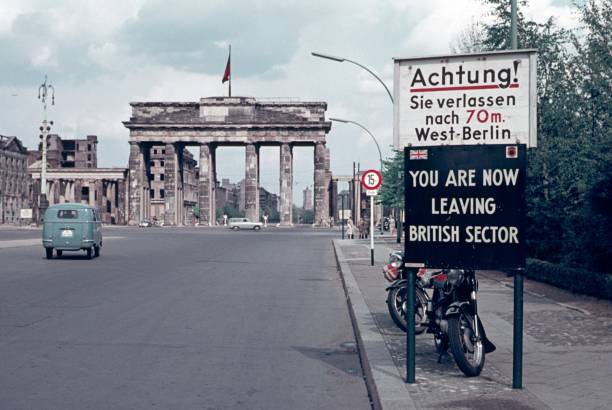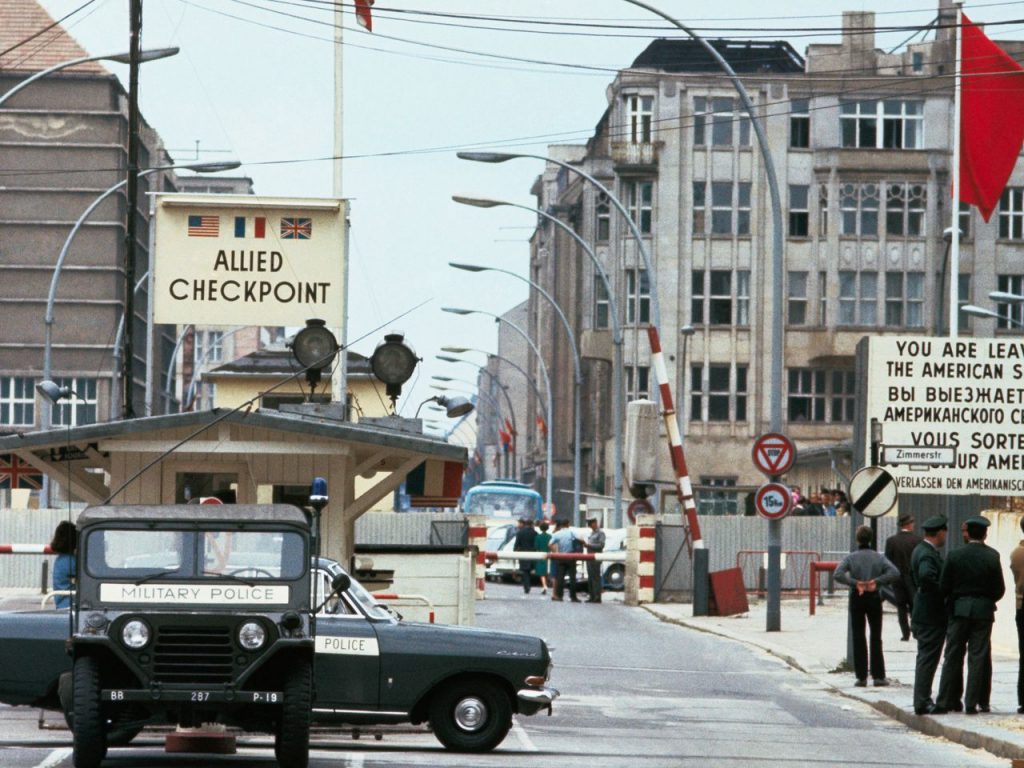In June 2021, the RLI emphasized the need to partially return the deterrents used for Moscow in Soviet times: the Iron Curtain, as a way to restrict Russians’ entry into our states; to block and withdraw Russian bribery funds from the Western economy.
This strong necessity arouse following a surge of Russian intelligence operations and subversive operations conducted in Europe.
The RLI analysts said that risks of infiltration and missions by Russian intelligence operatives had also increased, as Europe opened its door for the Russians to come.
Moreover, disconnecting Russia from SWIFT and blocking Visa Mastercard systems that give conniptions to Moscow was proposed as one of key measures as the Kremlin is afraid of being disintegrated with the Western financial offices.
During the same period, Moody’s estimated that tougher-than-expected sanctions that would well shatter the Russian economy or public finance, thus sidelining the country in servicing and refinancing its debt, would pose a risk to Russia’s credit profile.
These measures were taken in response to the Russian intervention in Ukraine and committed massive war crimes.
We are absolutely convinced that delays to impose tough sanctions gave Moscow a ‘green light’ to intervene in Ukraine following the defiant troop deployment on the Ukrainian border in the spring of 2021.
The Kremlin seriously reacts only to powerful and determined position. Fears of imposing tough sanctions on Moscow in 2014-2021 could not help to avoid either the escalation of the situation in Europe or economic losses. It means that by denying to respond with serious measures due to the fear of Russia’s escalation activity the West fails to minimize risks and threats. On the contrary, the Kremlin takes this uncertainty as indecision and fear of future Russia’s move, and enables Moscow to take more aggressive actions.
The nuclear conflict risks, just as threats to security and political stability on the European continent have been increased significantly. In fact, they have exceeded the Cold War level. Such a difference can be explained by the fact that before the fall of Soviet Union, the West responded more decisively to challenges and kept the distance from Moscow, thereby preventing the Kremlin from infiltrating European governance structures, conducting active operations, and developing the Russian influence and intelligence-tasked diaspora.
However, extrapolation of the situation to the Cold War period indicates that, despite the threats, the Iron Curtain enabled to prevent Russians from performing their activity on the territory of Europe. The limited Russian economic presence in the EU reduced Moscow’s ability to have a critical impact on the region, and sponsor political forces and separatist movements. At the same time, the Iron Curtain made it difficult to conduct operations like the Skripals in Salisbury, acts of sabotage at military depots in Central-Eastern Europe, and financing of political parties.
The existence of the Iron Curtain and high interest of the Soviet people in the West, as an alternative to the communist reality, set the stage for the collapse of the Soviet regime. However, in the conditions of propaganda and an open border, the already-existing low demand for democratic values in Russia will be even lower. The expectation that the so-called Russian liberals will be able to change the situation in their country from abroad is erroneous; it will rather lead to use this channel by Russian intelligence for developing agent net in Europe. Only politically active population residing inside Russia will make local elite-backed uprising possible.
Therefore, reborn Iron Curtain policy is primarily in the interests of the EU countries because it will allow:
• reducing risks of Russian intelligence agents’ infiltration,
• conducting an information war,
• weakening the destructive influence of Russian corrupt capital,
• closing the door on using European jurisdiction for money laundering by Russian officials and politicians,
• boosting technological developments in response to Russian energy blackmail,
• playing down the impact on democratic processes (elections) and
• preventing critical security scenarios in the region.
The war in Ukraine has shown that the consequences to appease Russia and do business as usual lead to major economic and social losses and uncertainty throughout Europe. Since the goal of Russia is not only Ukraine, but all the territories that have ever been part of the Russian Empire, as well as EU and NATO institutions, the threats to Europe will keep increasing until Russia is disintegrated as a state. In order to prevent the critical scenarios development in Europe, it is highly recommended to restart using a policy that once was quite effective and force the evil empire, the role of present Russia, to fall.





